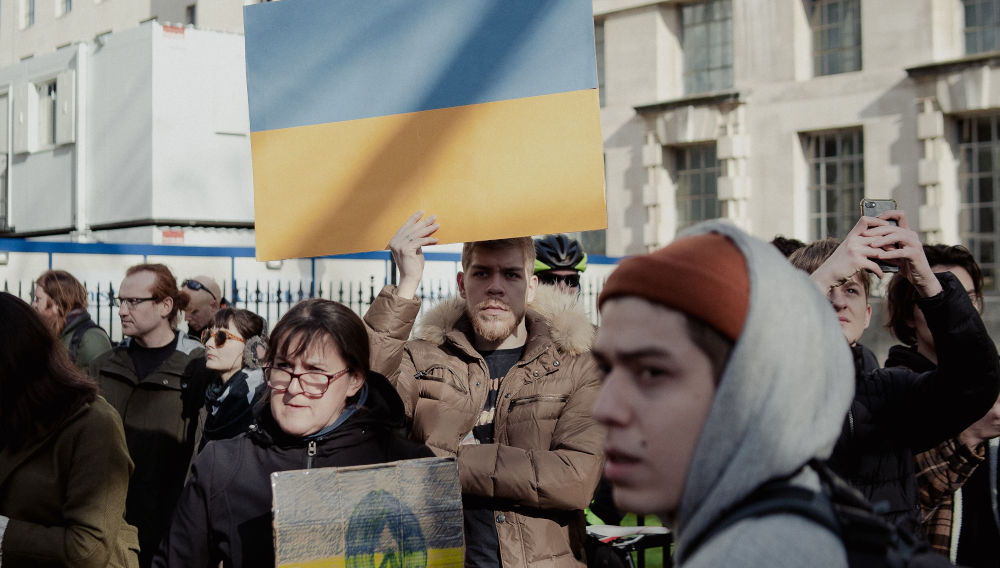Heineken, Carlsberg and AB-InBev stop production of their flagship brands in Russia
Europe | Political pressure and safety concerns have prompted Western companies to close operations in Russia and Ukraine. Brewers Heineken and Carlsberg have stopped the production and sale of their namesake beers in Russia and will assess the future of their businesses there.
Not enough, Carlsberg has scrapped its outlook 2022, saying it is no longer possible to provide a financial forecast for the group.
Both Carlsberg and Heineken said they will immediately stop the production, advertising and sale of their brands Carlsberg and Heineken respectively. This was announced on 9 March 2022, or two weeks into Russia’s invasion of Ukraine.
Russian units now treated as stand-alone businesses
Ceasing production of their namesake beers is basically a symbolic gesture, as their Russian operations will continue brewing and selling their local brands. This must be seen as a nod to the Russian government, which has since warned that it may nationalise factories, where work has been suspended because of boycotts.
However, the two firms are taking steps to ring-fence their Russian businesses to stop the flow of monies, royalties, and dividends out of Russia.
“We are shocked and saddened to watch the tragedy in Ukraine unfold,” Dolf van den Brink, Heineken’s CEO, said in a statement. “The Russian government's war against Ukraine is an unprovoked and completely unjustified attack.” The company also said it was increasing its funding to NGOs in Poland, Romania, Slovakia, and Hungary, which are taking in the majority of Ukrainian refugees. “We very much hope that a path to a peaceful outcome emerges in the near term,” the statement ended.
Heineken employs 1800 people in Russia and says it is the third-largest brewer in the country.
Keep Russian businesses afloat
Danish brewer Carlsberg, whose Russian unit, Baltika, is the country’s major brewer, said that Baltika will continue to operate as a separate business. It thus hopes to sustain its 8,400 employees in Russia “who are not responsible for the actions of the government.” The Danish group said that during the humanitarian crisis in Ukraine, any profit generated by its business in Russia would be donated to relief organisations.
Carlsberg also suspended its 2022 financial guidance and warned that it may have to write down its assets in the country. The brewer is also “reviewing a full range of strategic options” for its Russian business.
Write-down looms
The Copenhagen-based company entered the country in 2000 and the operations were for years seen as the brewer’s crown jewel and biggest opportunity for growth. In the past, Russia contributed almost a third of group profit. But it has diminished in significance for Carlsberg as the Russian beer market has declined.
In 2021, Russia and Ukraine accounted for about 13 percent of group revenue and about 9 percent of operating profit, Carlsberg said.
“The group’s assets in both markets may also be subject to non-cash impairment and write-down,” the company warned in the statement.
What AB-InBev said
AB-InBev took longer to issue a statement. It said on 11 March that it was seeking to suspend sales of Budweiser beer in Russia and will forfeit all financial benefit from its joint venture with Turkey’s Anadolu Efes in Russia.
“We have requested the controlling shareholder [Anadolu Efes] to suspend the license for the production and sale of Budweiser in Russia,” it said. The wording suggests that Anadolu Efes has resisted a boycott so far.
The AB-InBev-Efes joint venture is ranked second-largest brewer in Russia, where it operates 11 breweries, employing 3,500 people. It has three breweries in Ukraine, where it employs 1,800 people. AB-InBev said the employees would continue to be supported and paid.
According to Yale University researchers, more than 300 companies have announced their withdrawal from Russia since it invaded Ukraine on 24 February.

